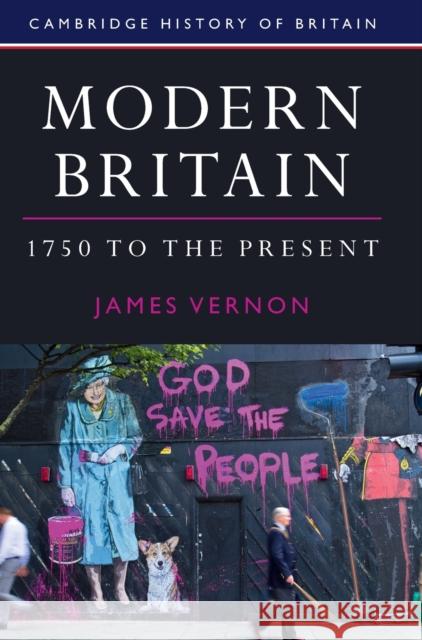Modern Britain, 1750 to the Present » książka
topmenu
Modern Britain, 1750 to the Present
ISBN-13: 9781107031333 / Angielski / Twarda / 2017 / 588 str.
Modern Britain, 1750 to the Present
ISBN-13: 9781107031333 / Angielski / Twarda / 2017 / 588 str.
cena 364,97 zł
(netto: 347,59 VAT: 5%)
Najniższa cena z 30 dni: 352,57 zł
(netto: 347,59 VAT: 5%)
Najniższa cena z 30 dni: 352,57 zł
Termin realizacji zamówienia:
ok. 16-18 dni roboczych.
ok. 16-18 dni roboczych.
Darmowa dostawa!
An introductory textbook charting a global history of modern Britain from 1750 to the present.











